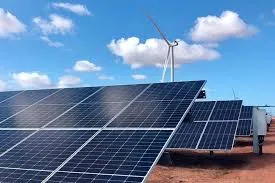As concerns about antibiotic resistance rise, exploring alternatives to antibiotics is essential. Strategies like probiotics, immunomodulators, and improved vaccination protocols are gaining attention in livestock management. These approaches can enhance the goats' immune response and reduce the incidence of diseases without relying on antibiotics.




